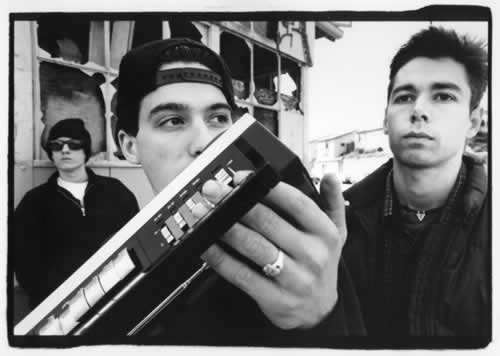
Usually, when a band has song titles like ‘Silver Soul’, this is a clear sign they don’t have any (soul, that is). Happily, in the case of Baltimore, Maryland dream-poppers Beach House, this doesn’t apply. Their latest album Teen House has gallons of the stuff.
Sweep aside the hipster paraphernalia – the neo-psychedelic cover, the aesthetics of teen kitsch, the stray croutons of ‘80s revivalism – and you’re left with a record of astonishing melodic scope and intricacy. Building on previous explorations into the realms of waywardness Beach House (2006) and Devotion (2008), Teen Dream offers a polish and focus that will surely, and perhaps unfortunately, lead to an avalanche of mainstream attention. Call it their Merriweather Post Pavillion.
But let’s try to focus on the songs themselves (after all, it’s not Beach House’s fault that – as wanker-extraordinaire-who-also-every-once-in-a-while-comes-up-with-a-good-cultural-observation Martin Amis says in this month’s GQ – there has never been a period of human history more emphatically obsessed with the surface world of visual appearances).
Because, friends, these are quite simply wonderful, wonderful tunes. Track 9, ‘Real Love’, I’m not crazy about, but otherwise this is the strongest suite of songs I’ve heard all year. Lead singer Victoria Legrand has a voice of such lightly jagged expressiveness, I find it difficult not to wheel out the inevitable Cocteau Twins comparisons. But this shouldn’t detract from her great achievement on Teen Dream. Again and again, a vocal nuance will fizz out of the speakers to prick your attention. This has a nice habit of happening towards the end of a tune when you least expect it, as in ‘Walk in the Park’ and ‘Lover of Mine’, both of which have startlingly beautiful outros.








